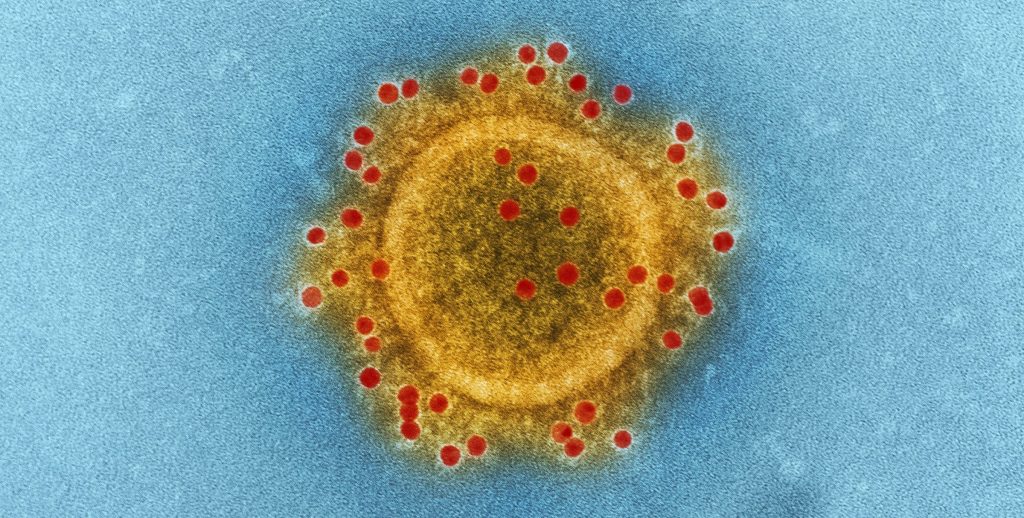Cervical Cancer: Advancements in HPV testing
Cervical Cancer Around The World
The week of 19 to 25 January 2014 marked Cervical Cancer Prevention Week. A European wide initiative lead by the European Cervical Cancer Association (ECCA) to raise awareness of the causes, treatments and prevention of this illness.
Within Europe 60,000 women are diagnosed with Cervical Cancer every year, and there are 30,000 deaths in Europe each year from this disease (source: http://www.ecca.info). There are 175,000 women in Europe now who are living with Cervical Cancer today. Raising awareness of this disease is seen as being vital in reducing the number of deaths, as many cases could be prevented or treated more effectively through cervical cancer screening and regular testing for HPV. Early diagnosis is important in successful treatment.
It is not only Europe which is affected. The Centre for Disease Control (CDC) in the USA, have estimated that as many as 79 million Americans could be currently infected with at least one type of HPV (source: http://www.cdc.gov/std/HPV/STDFact-HPV.htm#a5). That is a quarter of the population of the country.

What is HPV?
HPV (human papillomavirus) is the most common viral sexually transmitted infection (STI) throughout the world. There are over 100 different types of the virus (they are all numbered) but only a few of them are said to be “High Risk” for causing cancer. The most common cancer the virus can cause is Cervical Cancer. Most HPV infections are Low Risk and may not cause any symptoms, and those who are affected may not even know they have the virus. The body’s immune system will clear the virus of its own accord.
However, there are fourteen sexually transmitted High Risk HPV virus types (HR-HPV), which means that there is a greater chance that the person infected with these types of the virus may go on to develop cancer.
Types 16 and 18 are the types found in the majority (70%) of cases of Cervical Cancer. Better2Know can arrange a test for HPV in one our clinics (where we test for the fourteen High Risk types and six Low Risk types), and from this month we are offering women the chance to take your own vaginal swab to be tested for the fourteen High Risk types in the privacy of your own home.
HPV has also been found as one of the potential causes of some other cancers in the mouth, throat, tongue, penis, rectum, vagina and ovaries, although these are less common.
Cervical Cancer is most successfully treated when it is diagnosed as early as possible and in many cases, HPV testing can help to identify concerns before cancer develops.
Testing for Cervical Cancer: Smear Tests and HPV
For women, the difference between an HPV test and a PAP smear can be confusing. An HPV test is detecting whether there are specific HPV types present in the woman’s vagina or cervix (depending on the sample site), where as a PAP smear looks to see whether any cells on the cervix look like they are cancerous or pre-cancerous. A High Risk HPV infection does not mean that you have or that you will develop cancer, but it many mean you have a higher risk and should have more regular PAP smears. Better2Know recommends that women should have a combined HPV and PAP smear test using a method called TPV (Thin Prep Vial) as this will enable both HPV testing and a PAP smear to be done at the same time. Otherwise if you have an HPV test only where the sample is taken from the cervix, you would need to wait up to three months before you have a PAP smear as the cells needed for observation would have been disturbed by the earlier sampling. This delay in the direct observation of the cells is undesirable should any pre cancerous condition exist.
However, there is now a way that women can get tested for HPV using a vaginal sample, without disrupting the cells of the cervix, and that test can be done by yourself at home. The test looks for the fourteen High Risk types of HPV and means that if any are found, you can then have a PAP Smear straight away.
These Home Sample Collection Kits (LINK) are a innovation in HPV testing, allowing a discreet, private test (through the use of a vaginal swab) that is not invasive and is still sent to a CPA accredited Laboratory for testing.
HPV testing is better at protecting women from cervical cancer as it is an early indicator of risk, according to recent research carried out by the British Medical Journal (BMJ). HPV screening is not the first level of screening in the UK, so if a PAP Smear test is negative HPV testing will then not be carried out, and a normal recall of three years is advised.
It is important to get tested for HPV/ Cervical Cancer as early detection is the key to saving your life.
Categories
- Awards
- Bacterial Vaginosis
- Blood Tests
- Cervical Cancer
- Chlamydia
- Condoms
- Covid-19
- Gardnerella
- Genital Warts
- Gonorrhoea
- Health and Wellness
- Hepatitis A
- Hepatitis B
- Hepatitis C
- Herpes
- HIV
- HIV (AIDS)
- Home Testing
- HPV
- Instant Testing
- MSM
- Mycoplasma
- News
- Non-Specific Urethritis
- PAP Smear
- Pre-Pregnancy
- Sexual Health
- STD Symptoms
- STD Tests and Screens
- STI Transmission
- Stigma
- STIs
- Swab Tests
- Syphilis
- Trichomonas
- Ureaplasma
- WSW
- Zika
